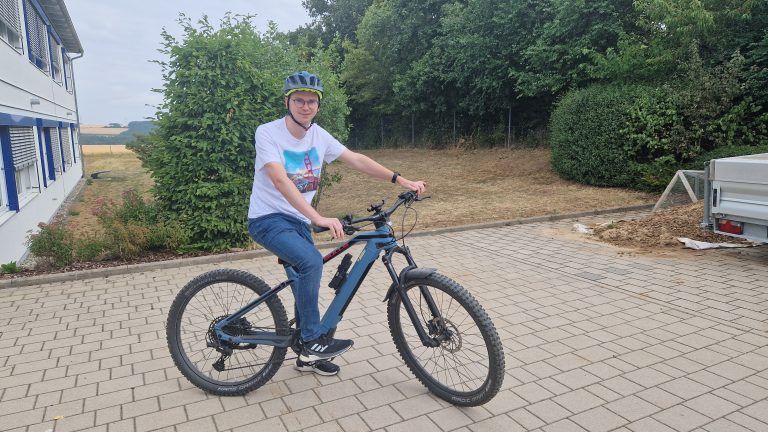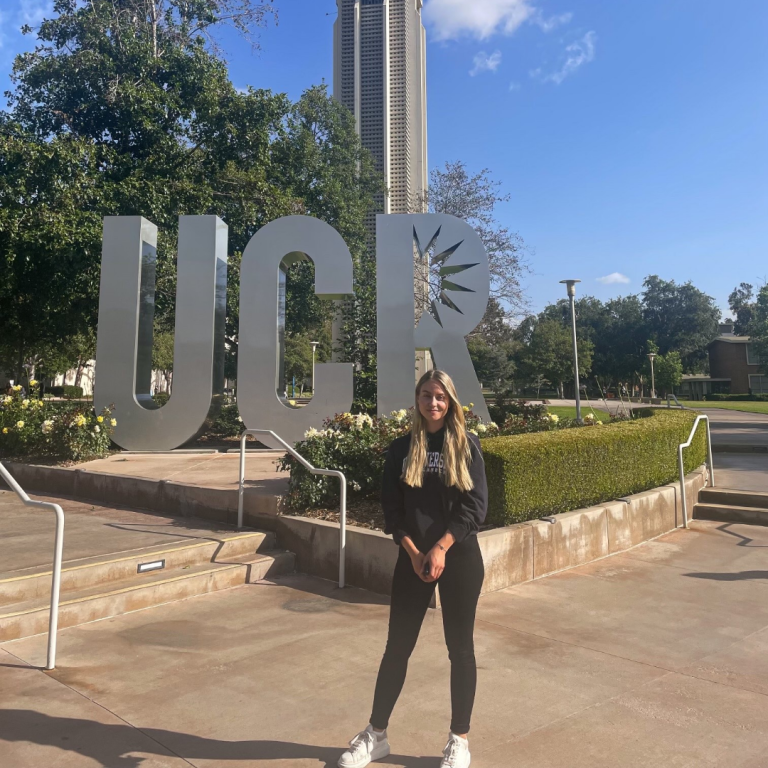Last week, a two-day Product Owner workshop took place in Weikersheim for trainees and students. There, in-depth insights into the activities of a Product Owner and different project management methods were provided. The workshop offered a varied program in which theoretical aspects could always be applied directly to a project.
On the first day, the two presenters Larissa Bräuniger and Melina Gensler briefly introduced themselves and talked about their work experience at TecAlliance and their tasks as Product Manager/Product Owner. Then the first theoretical part started, which dealt with the different phases of a project, introducing methods such as Project Charter, Work Breakdown Structure and Project Milestone Plan. The knowledge acquired was then applied directly in small groups for different hypothetical projects and then presented in the plenary session.
The next theoretical session dealt with the analysis of stakeholders and customers. The main focus here was on how stakeholder analyses are carried out and the extent to which different stakeholders need to be involved in the project. In addition, the use of the Customer Empathy Map was explained, which is utilized to analyze customers and to subsequently respond better to their needs. This was also followed by a practical phase in which the participants of the workshop analyzed stakeholders and customers for their goup projects. After a lunch break, the workshop continued with a theoretical part on collecting and prioritizing requirements for a project. The knowledge learned was then applied to the projects and presented to everyone else at the end of the day.
The second day of the workshop began with a brief recap of the topics covered on the first day. This was followed by a theoretical part that focused on the processing of requirements within a project, in particular Kanban and Scrum. The groups then assigned the different Scrum roles (Product Owner, Scrum Master and development team) to the group members and simulated a sprint together. Insights into this simulation were then presented again. The next theoretical session dealt with monitoring project progress, whereby essential concepts of project steering, a project status report and different aspects of progress control were taught. One focus was the definition of OKRs (Objectives and Key Results). As before, the workshop participants implemented this in their group projects and then presented their results. Finally, an explanation was given on how to close a project using the Business Model Canvas (graphical visualization of various components of a business model) and Project Closure Report (report summarizing all key aspects of the project). Here, once again, what was learned was put into practice.
We would like to thank Larissa and Melina for the great workshop and the time they invested. We learned a lot and perhaps we will put some of our projects into practice in the future.
On the first day, the two presenters Larissa Bräuniger and Melina Gensler briefly introduced themselves and talked about their work experience at TecAlliance and their tasks as Product Manager/Product Owner. Then the first theoretical part started, which dealt with the different phases of a project, introducing methods such as Project Charter, Work Breakdown Structure and Project Milestone Plan. The knowledge acquired was then applied directly in small groups for different hypothetical projects and then presented in the plenary session.
The next theoretical session dealt with the analysis of stakeholders and customers. The main focus here was on how stakeholder analyses are carried out and the extent to which different stakeholders need to be involved in the project. In addition, the use of the Customer Empathy Map was explained, which is utilized to analyze customers and to subsequently respond better to their needs. This was also followed by a practical phase in which the participants of the workshop analyzed stakeholders and customers for their goup projects. After a lunch break, the workshop continued with a theoretical part on collecting and prioritizing requirements for a project. The knowledge learned was then applied to the projects and presented to everyone else at the end of the day.
The second day of the workshop began with a brief recap of the topics covered on the first day. This was followed by a theoretical part that focused on the processing of requirements within a project, in particular Kanban and Scrum. The groups then assigned the different Scrum roles (Product Owner, Scrum Master and development team) to the group members and simulated a sprint together. Insights into this simulation were then presented again. The next theoretical session dealt with monitoring project progress, whereby essential concepts of project steering, a project status report and different aspects of progress control were taught. One focus was the definition of OKRs (Objectives and Key Results). As before, the workshop participants implemented this in their group projects and then presented their results. Finally, an explanation was given on how to close a project using the Business Model Canvas (graphical visualization of various components of a business model) and Project Closure Report (report summarizing all key aspects of the project). Here, once again, what was learned was put into practice.
We would like to thank Larissa and Melina for the great workshop and the time they invested. We learned a lot and perhaps we will put some of our projects into practice in the future.












